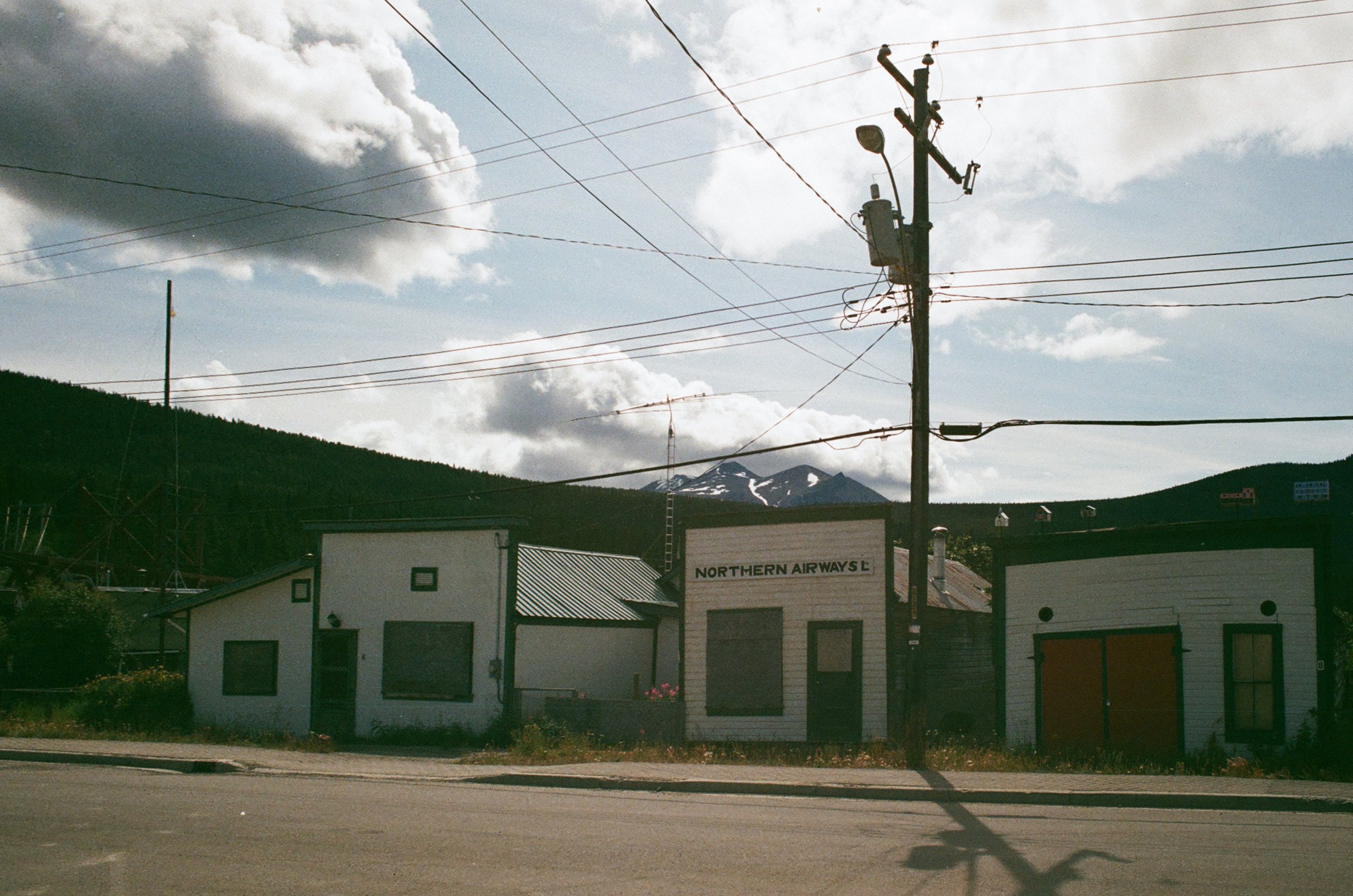The Tangibility of Life.
“We can only expect degradation by removing our engagement with the land we occupy and shifting our energy from building deeper relationships with people to deepening connections and reliance on technology. ”
Film photography is a medium that intrigues me. One year I want to shoot only film and get rid of digital, but then I get a blank roll back from the lab and feel entirely deflated. At least that has only happened once, and I know it was from not loading the film correctly into the camera. The part of shooting film that keeps me coming back is the tangibility. When you pick up cameras that are predating you and partake in a decades-old chemical process, you feel a connection to the subjects, unlike when you shoot digital. My reminiscing on days when I wasn't alive, where there was less technology, is probably nauseating for some folks. However, it feels like we are losing the tangibility of life.
I imagine engaging multiple senses, especially touch, when I think of tangibility. Apart from a mechanical keyboard, we have lost the grittiness once found in most work. Some people seek trades to feel more engaged with these senses, but the technological-reliant urban population is fleeing from tangibility. Even when we look at education, fidget toys engage this sensation for students. After the first few grades of play, the form of work, other than gym class or shop, lacks engaging those senses. Our modern world is transitioning into intangible workdays, ambiguous in its meaning or purpose and void of embodied values. Arguably, these tenants are fundamental to a healthy, human experience.
Can there be a healthy society when we remove our engagement with the physical world? I'm not entirely sure. Modernization with the aid of technology has sterilized reality for wealthy societies to the degree of population decline for some. From my understanding of human flourishing, a declining population may be natural due to subconscious-societal correction for advancing too far in an unsustainable direction. We can only expect degradation by removing our engagement with the land we occupy and shifting our energy from building deeper relationships with people to deepening connections and reliance on technology.
I'm not an anthropologist or a socio-political analyst of any sort. My observations could be wrong, and others involved in this culture or maybe alive longer, to view more trends than myself, could likely point out some flaws in my thinking. What started with analyzing why I enjoy film photography led me to ponder what is missing in our culture for there to be a massive return to a nearly extinct medium. Our modern civilizations unconsciously yearn to return to simplicity with a reorientation of purpose. By acknowledging what matters and engages our senses, it is possible to begin focusing on connection to one another instead of connecting to nugatory things.




























